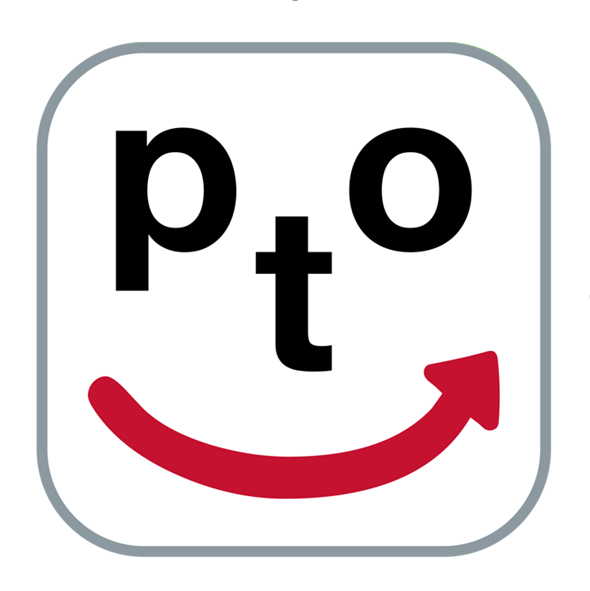In Years 7 and 8 Language classes, some students enter secondary school equipped with skills in languages other than French or Japanese. They bring with them effective learning strategies and a heightened intercultural awareness, which greatly aids their introduction to learning their chosen language. Their expanding textual comprehension, honed through English literacy, significantly supports their progress in acquiring French and Japanese literacy. Their ability to analyse, compare, and reflect on language and culture in both, becomes a mutually beneficial skillset.
Our students actively communicate in their chosen Language, initiating and engaging in both spoken and written interactions with peers and familiar adults. They discuss ideas, express opinions, share thoughts, and articulate emotions about individuals, social events, and school experiences. They actively participate in various tasks and activities that require planning, negotiating, and engaging in exchanges. They adeptly extract and summarise crucial information and supporting details from texts. Additionally, they skilfully organise and present information and ideas from texts, employing descriptive and expressive language and adapting their modes of presentation to suit diverse audiences and contexts. Furthermore, students demonstrate their creativity by crafting and presenting simple imaginative texts, such as poems or stories, involving imagined characters, places, and experiences.
FRENCH
Students deepen their understanding of the structures of the French language. They identify individual components within spoken and written words, phrases, and non-verbal expressions, comprehending how these elements reinforce spoken language. Their vocabulary expands contextually, and they grasp additional elements of grammar, such as using the present tense in straightforward structures. They familiarise themselves with more intricate sentence structures, connectives, and adverbs of time as encountered in familiar expressions and scaffolded language contexts. These students continue constructing a metalanguage in French, enabling them to describe patterns, grammatical rules, and variations in language structures. Some of the highlights of the French program include:
- French breakfast
- Film excursion
- Languages Week activities
- French film and music appreciation
- OzCLO competition
- Education Perfect World Championships
- French Club
JAPANESE
Students deepen their understanding of the structures of the Japanese language. They identify individual components within spoken and written words, phrases, and non-verbal expressions, understanding how these elements reinforce spoken language. Their vocabulary expands contextually, and they grasp additional elements of grammar, such as using the present tense and predicates in simple structures. They also become familiar with the Japanese script and more complex sentence structures, including connectives, particles and verb conjugation encountered in familiar expressions and guided language contexts. These students continue to construct a metalanguage in Japanese, enabling them to describe patterns, grammatical rules, and variations in language structures. Some of the highlights of the Japanese program include:
- Sushi Master course
- Film excursion
- Languages Week activities
- Japanese film and music appreciation
- OzCLO competition
- Education Perfect World Championships
- Japanese Club

 Parent Teacher Interviews
Parent Teacher Interviews